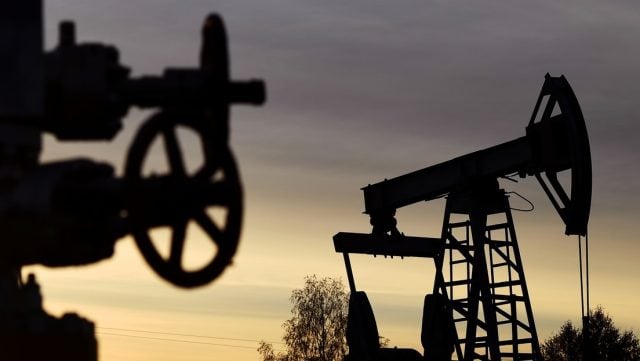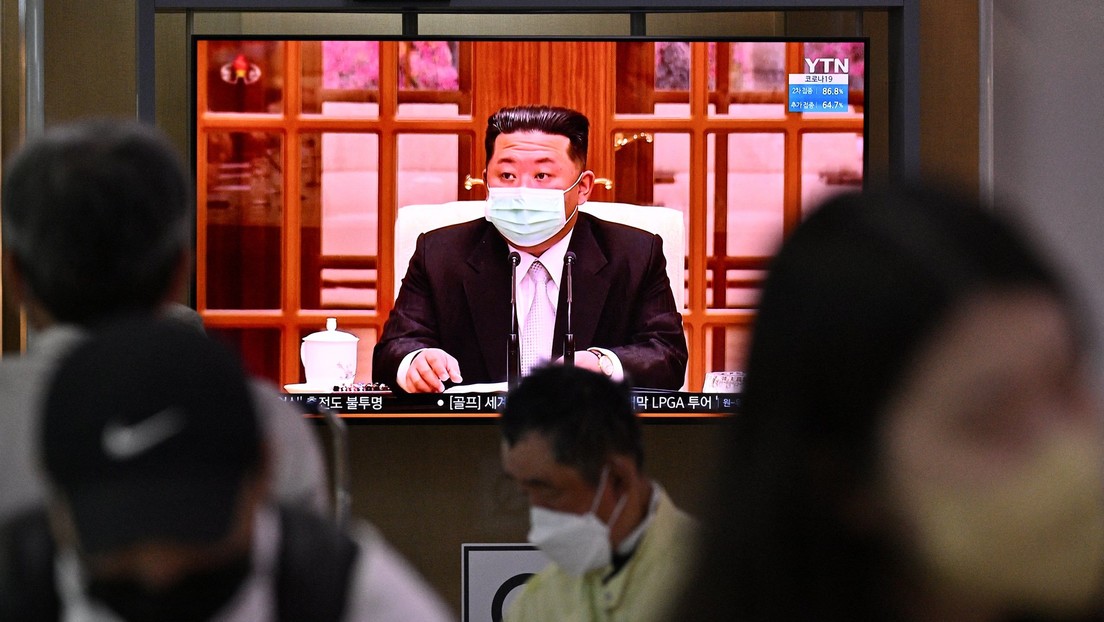The Vice President of Venezuela, Delcy Rodríguez, confirmed this Tuesday that the US government authorized US and European oil companies to «negotiate and restart operations» with the South American country, this in the midst of a complex package of sanctions that has been imposed by Washington against Caracas for at least a decade.
“The Bolivarian Government of Venezuela has verified and confirmed the news published to the effect that the United States of America has authorized US and European oil companies to negotiate and restart operations in Venezuela”, Rodríguez said via Twitter.
The senior official pointed out that her country «aspires» that this type of US decision «starts the path for the absolute lifting of illegal sanctions» that affect the Venezuelan population, reports RT.
Rodríguez added that the international community is aware that Venezuela has achieved an «economic recovery with its own efforts» despite «the illegitimate sanctions» and «the inhumane blockade» imposed against the country by the US, the European Union and other allied governments.
«Our people are proud of the work and achievements of recent times», said the vice president, who stressed that the Venezuelan government, «attached to its deep democratic values, will continue to tirelessly promote fruitful dialogue in national and international formats».
What had the media said about the sanctions against Venezuela?
Prior to Caracas’s confirmation, the AP news agency reported —according to statements by senior US government officials who spoke on condition of anonymity— the changes that Washington would apply with respect to sanctions, and announced that the Joe Biden’s administration will allow Chevron Corp. to negotiate its license with the State-owned Petróleos de Venezuela (PDVSA), but not to drill or export oil of Venezuelan origin.
Other agencies, including EFE, citing a high-level official from the Biden administration, pointed out that during a call with journalists, confirmed the lifting of the ban on the US oil company Chevron from negotiating with PDVSA, and that the relief from sanctions seeks to try to reactivate the dialogue between the opposition and the Venezuelan government.
«I want to clarify that the government is doing this in response to the talks that are taking place between the regime and the interim government (of Juan Guaidó)», the official commented.
Sanctions relief would also include the removal of some Venezuelans close to the government from the list of people sanctioned by the US.
For its part, The Wall Street Journal, in an article by its Editorial Board entitled «Biden’s dance with a Latino dictator», published on Monday, makes reference to movements that the US government and the Democrats would be advancing, with the aim of reestablishing its relations with Venezuela and President Nicolás Maduro.
In the text, they quote the Mexican president, Andrés Manuel López Obrador, who last week, in one of his morning press conferences, said that «there was already an agreement with Venezuela for a US company to extract one million barrels a day». «This is good for Venezuela, it’s good for the US, it’s good for the world», added the Mexican president.
With ‘conditions’
Since last March, a rapprochement began between the US and Venezuela. That month, a US delegation was received in Caracas by President Maduro, who described the meeting as «respectful, cordial» and «very diplomatic».
After that, Venezuela released two US prisoners who were imprisoned: Gustavo Cárdenas, convicted of fraudulent embezzlement and conspiracy of official with contractor, as well as for the crime of conspiracy to commit a crime; and Jorge Fernández, accused of terrorism.
Those same days, after the meeting, the spokesman for the US State Department, Ned Price, stated that Washington would «review» some sanctions policies, but under certain ‘conditions’.
“We will reconsider some sanctions policies if, and only if, the parties make significant progress in the negotiations led by Venezuela in Mexico, to achieve the fulfillment of the aspirations of the Venezuelan people for a true, authentic democracy”, said Price.
For his part, the then Venezuelan Foreign Minister, Félix Plasencia, said that Caracas would be willing to cooperate with the US with regard to oil trade, as long as «the sovereignty and legitimacy» of the Government of Venezuela are respected.
«I hope they respect the sovereignty and legitimacy of my government. President Maduro is the sole and legitimate head of government of Venezuela. We can do a lot together in the oil trade as long as we convince them to respect that», said Plasencia.












